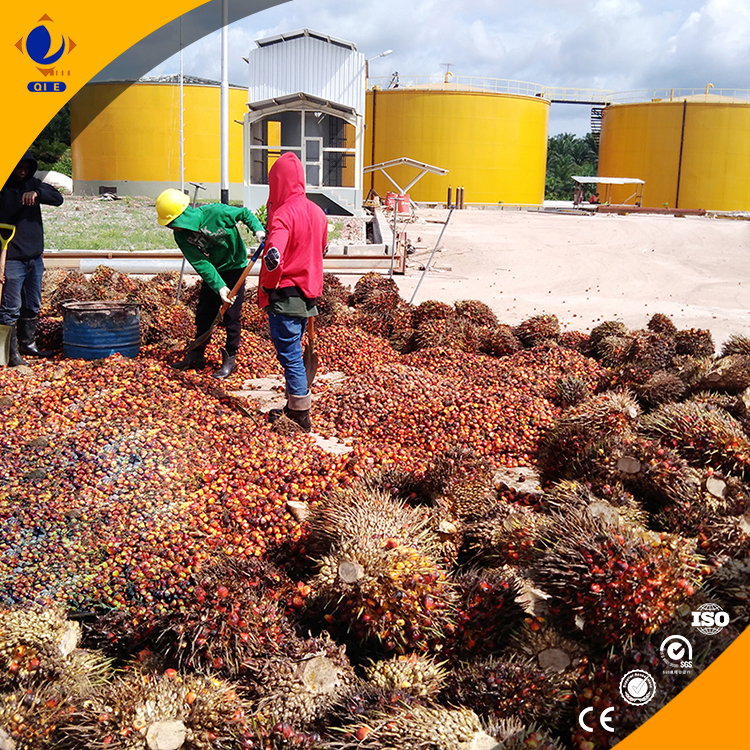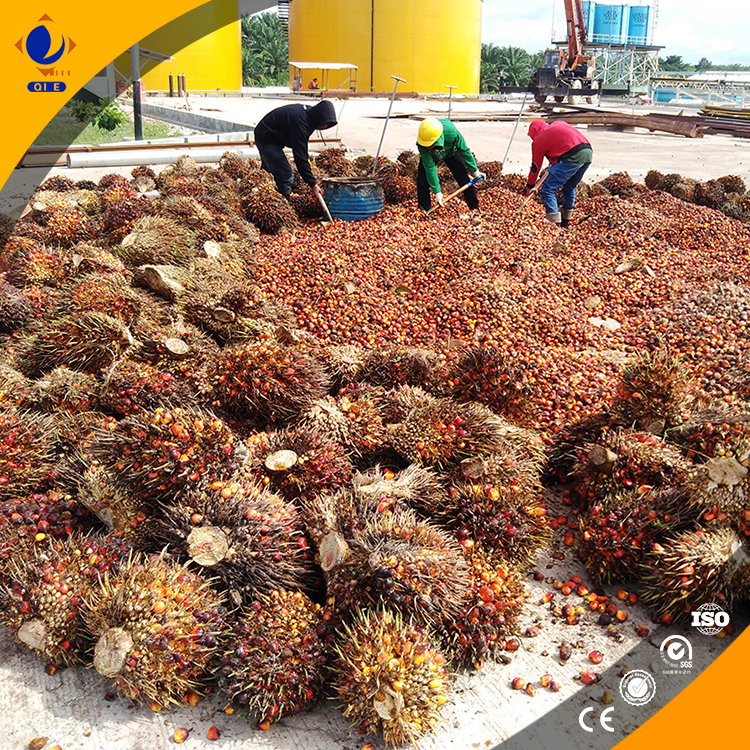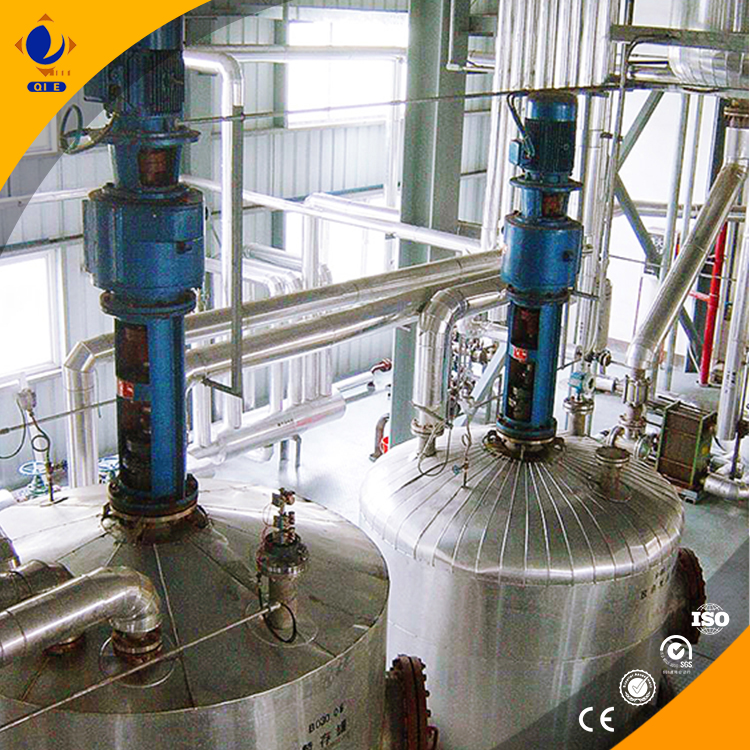
Palm oil is one of the most widely used vegetable oils globally, with a production volume that has been steadily increasing over the years. In 2022, the global palm oil production reached approximately 75 million tons, highlighting its significance in the food and non - food industries. The efficiency and quality of palm oil production largely depend on the pressing equipment used. This article will delve into the core processes of palm oil pressing and the outstanding advantages of 304 stainless steel in this equipment.

The palm oil pressing process involves several key steps. First, raw material preparation is crucial. Fresh palm fruit bunches need to be sterilized to deactivate enzymes that could cause oil deterioration. After sterilization, the fruits are stripped from the bunches. According to industry data, proper sterilization can reduce the free fatty acid content in palm oil by up to 50%.
Next, the pressing parameters must be carefully controlled. The temperature, pressure, and speed during pressing all affect the oil yield. For example, a study shows that maintaining a pressing temperature between 80 - 90°C can increase the oil extraction rate by about 10 - 15% compared to lower temperatures. After pressing, the separation of oil from the pulp and the treatment of废渣 are also important steps to ensure the quality of the final product.
Automation plays a vital role in palm oil production. High - automation equipment can significantly improve production efficiency and reduce labor costs. A fully automated palm oil press can process up to 10 - 15 tons of palm fruits per hour, while a semi - automated one may only handle 3 - 5 tons. By using automated equipment, the labor cost per ton of palm oil production can be reduced by approximately 30 - 40%.
When selecting equipment, factors such as production capacity, reliability, and ease of maintenance should be considered. Case studies have shown that companies that invested in high - quality automated equipment experienced a 20 - 30% increase in overall production efficiency within the first year of operation.

304 stainless steel is an ideal material for palm oil pressing equipment. Its corrosion resistance is outstanding. In the harsh environment of palm oil production, where there are various acids and alkalis, 304 stainless steel can resist corrosion for up to 10 - 15 years, compared to other common metals that may corrode within 2 - 3 years.
Easy cleaning is another significant advantage. The smooth surface of 304 stainless steel prevents the adhesion of oil and impurities, making it easy to clean. A simple cleaning process can restore the equipment to a clean state, which is crucial for maintaining the quality of palm oil. Moreover, 304 stainless steel meets strict food safety standards. It does not release harmful substances into the palm oil, ensuring the safety of the final product for human consumption.
Energy - saving is an important aspect of modern palm oil production. By using 304 stainless steel in equipment design, energy consumption can be reduced. The high thermal conductivity of 304 stainless steel allows for more efficient heat transfer during the pressing process, reducing energy waste. Some energy - saving palm oil presses can reduce energy consumption by 15 - 20% compared to traditional models.

The palm oil industry is constantly evolving. There is a growing trend towards more sustainable and efficient production methods. As a tip for technical personnel and procurement managers, it is recommended to choose equipment that combines high automation, 304 stainless steel construction, and energy - saving features. Question: How do you think your company can adapt to these industry trends?
Tip: Regularly maintain your 304 stainless steel equipment to extend its service life and ensure optimal performance.
Are you looking for high - quality, efficient, and energy - saving palm oil pressing equipment that meets strict food safety standards? Click here to explore our range of 304 stainless steel palm oil pressing solutions!

